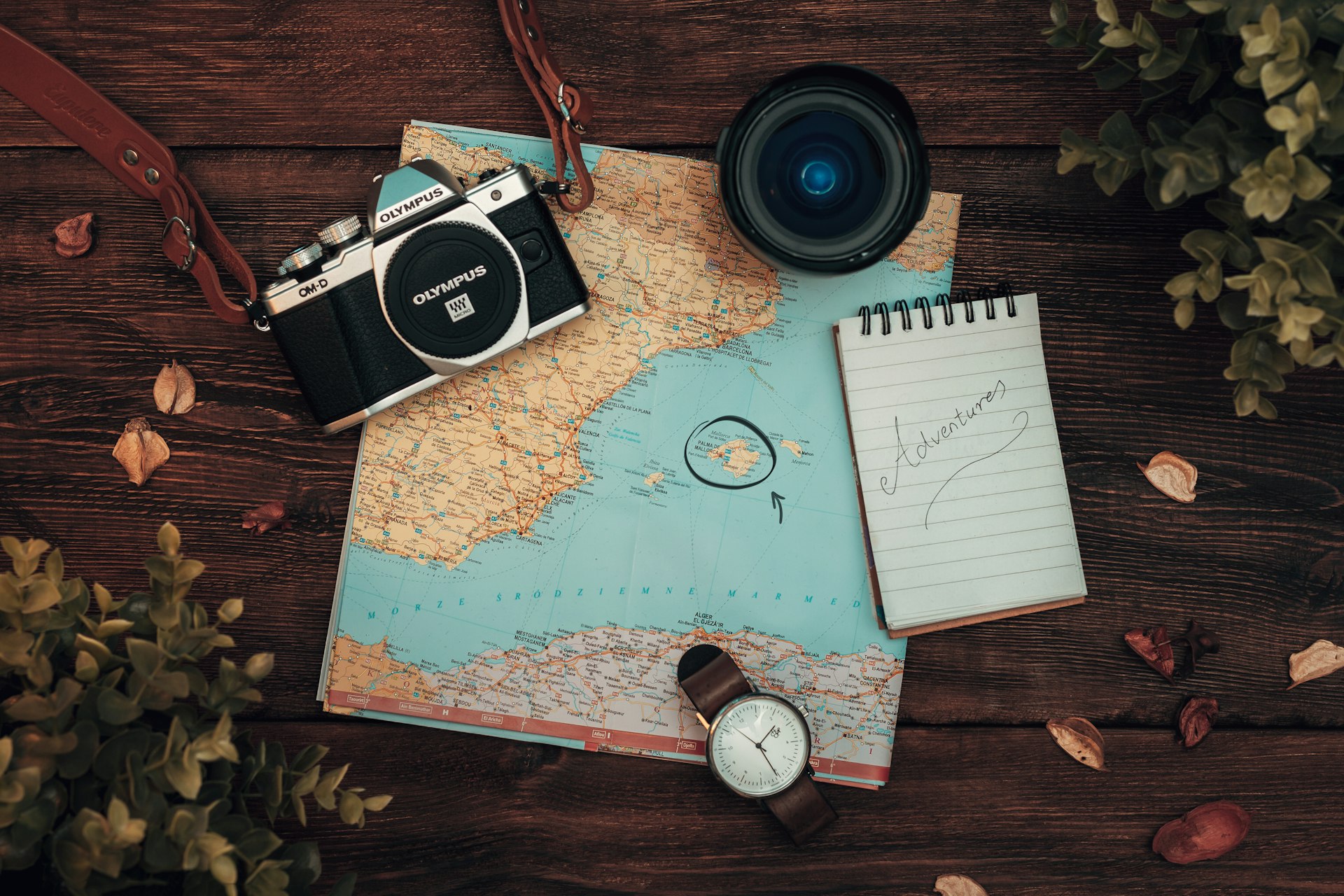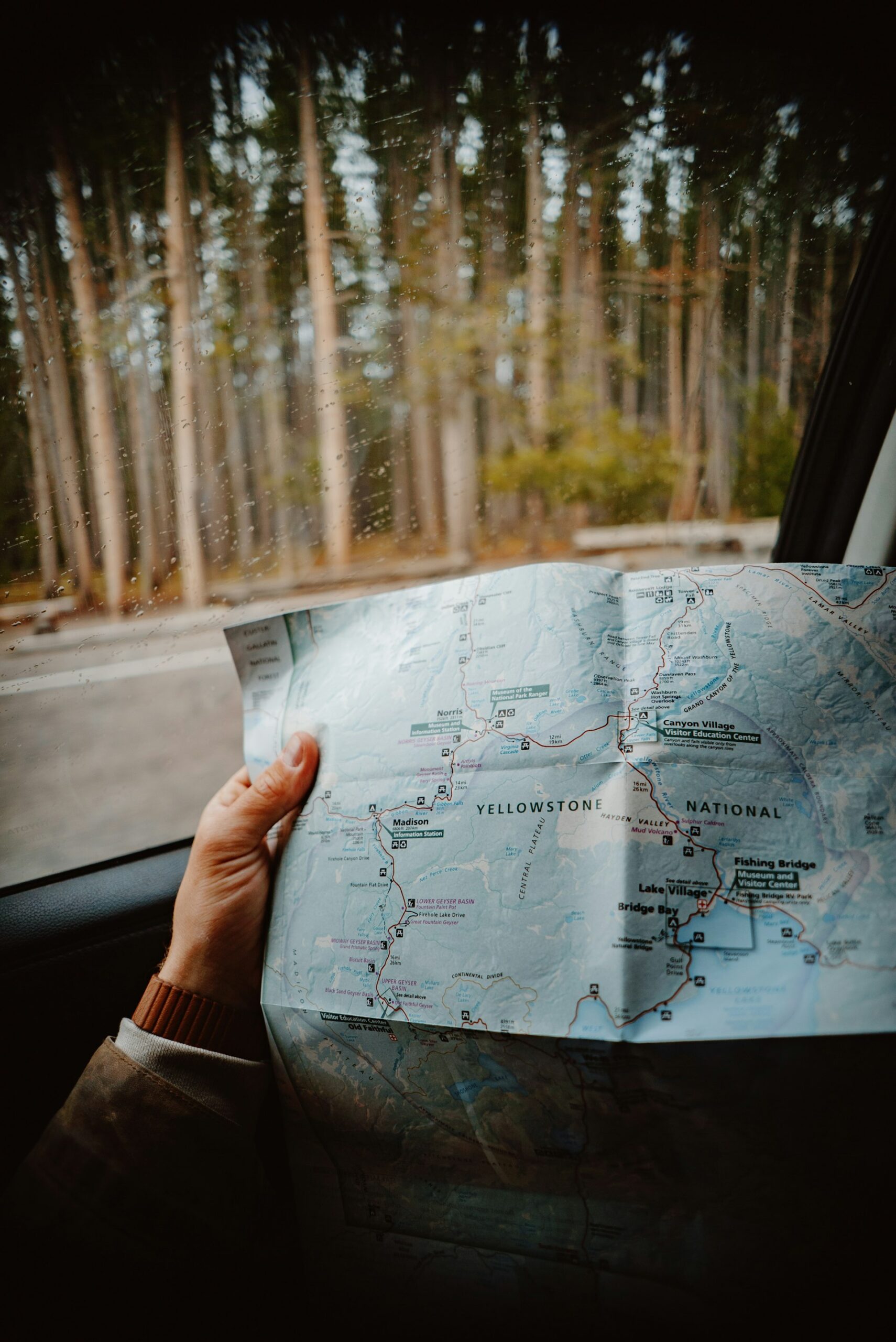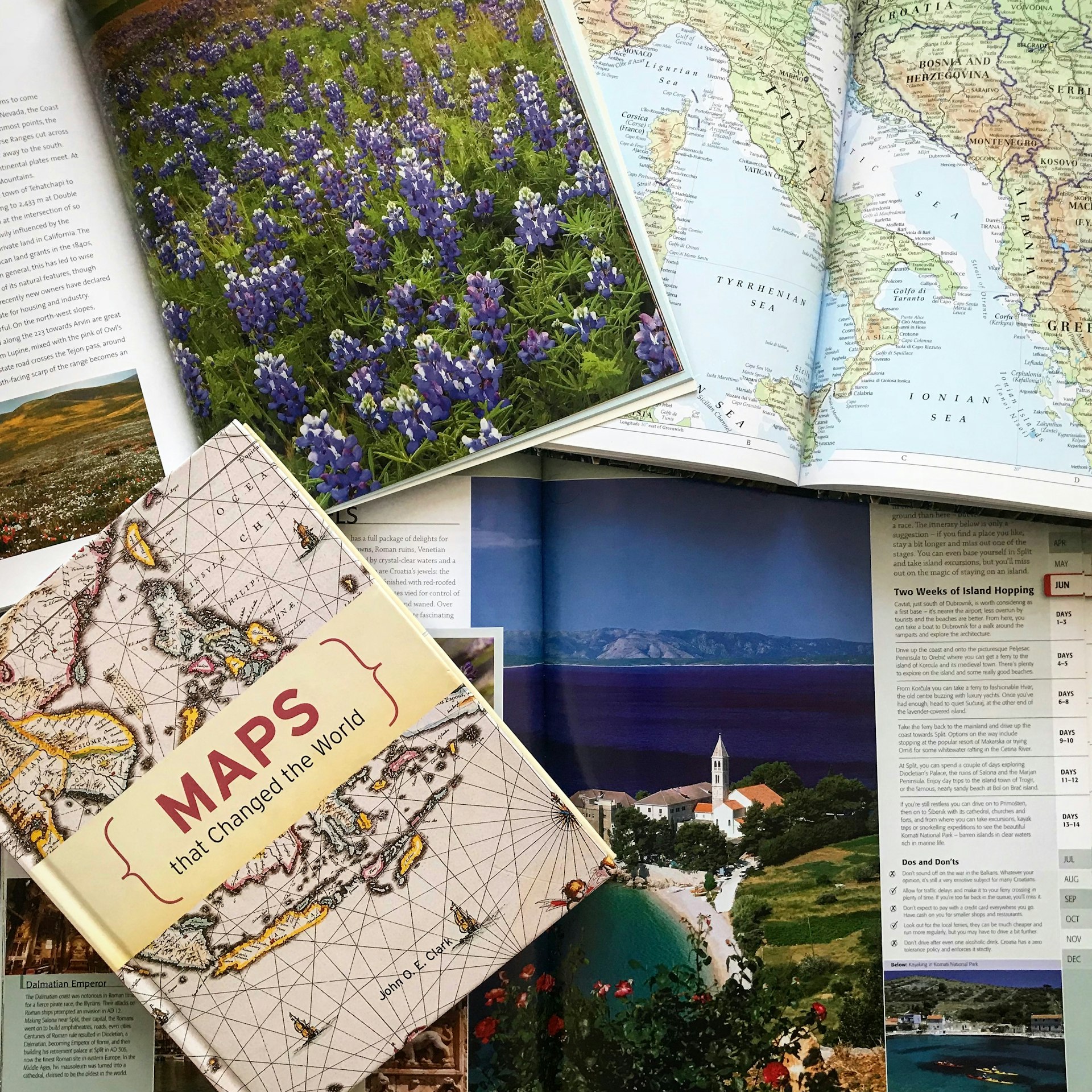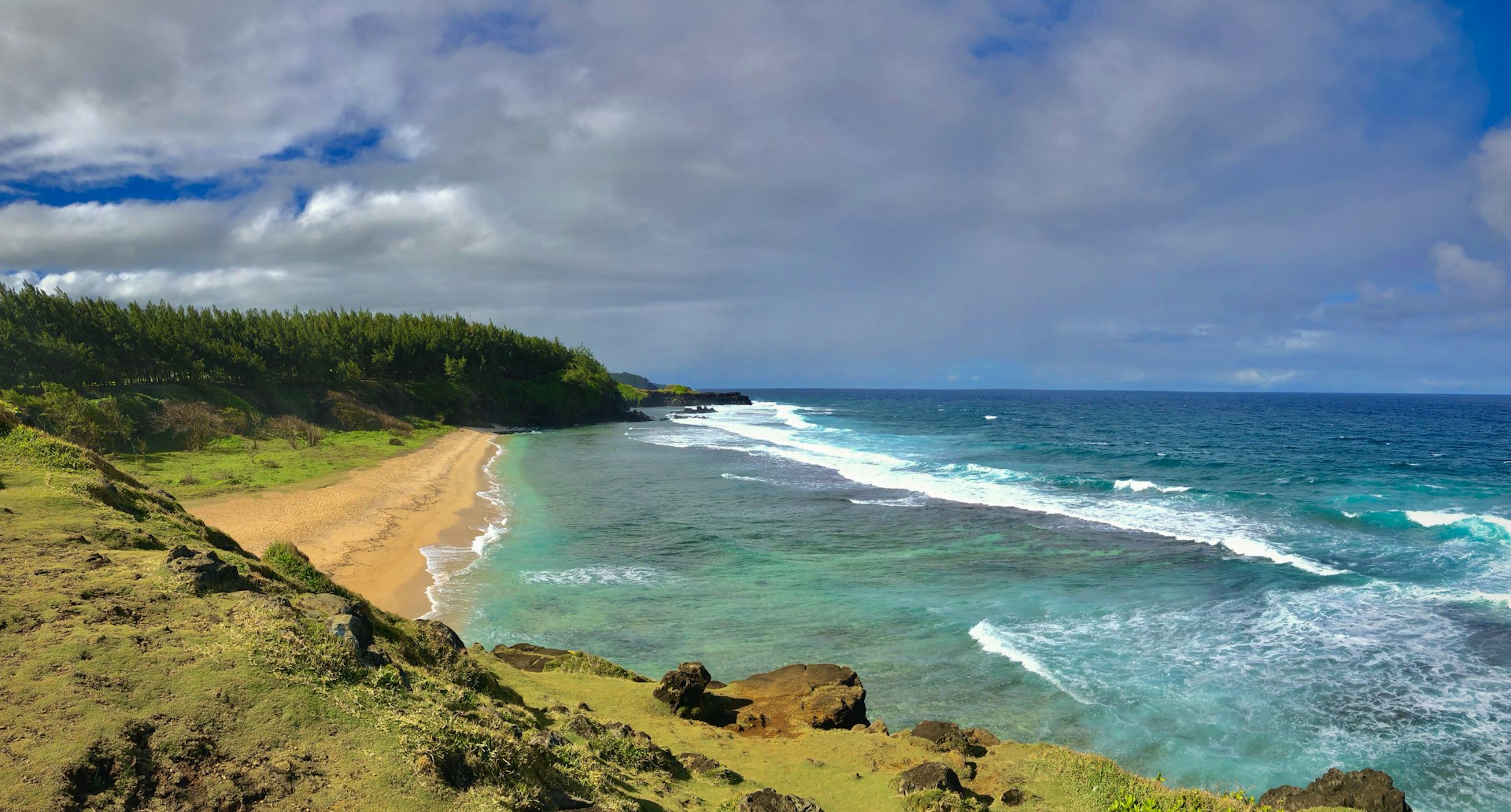Transformative Spiritual Journeys Across Asia: A Guide to Sacred Travel Experiences

Photo by Milada Vigerova on Unsplash
Introduction: The Allure of Spiritual Travel in Asia
Asia is renowned for its profound spiritual heritage, offering travelers opportunities for personal transformation, reflection, and renewal. From ornate Buddhist temples to tranquil yoga retreats, Asia’s diverse cultures invite you to engage in meaningful experiences that inspire growth and self-discovery. This guide explores the most impactful spiritual destinations in Asia, provides practical steps for accessing these experiences, and offers alternative approaches for those seeking a deeper connection with themselves and the world around them.
Understanding Spiritual Travel: What to Expect
Spiritual travel in Asia often involves more than sightseeing. It emphasizes immersive participation-whether through meditation, attending sacred ceremonies, or joining wellness retreats. Such journeys can foster mindfulness, provide insight into ancient philosophies, and offer moments of peace amid natural beauty and cultural richness. While outcomes vary, many travelers report increased clarity, emotional resilience, and a renewed sense of purpose [2] .
Top Spiritual Destinations in Asia
Myanmar: Land of Pagodas and Pilgrimage
Myanmar is often regarded as one of Southeast Asia’s most spiritual settings. Nearly 90% of its population practices Buddhism, which is evident in its landscape dotted with thousands of pagodas and monasteries. Notable sites include:
- Bagan: Home to a wealth of temples along the Irrawaddy River, Bagan offers a serene atmosphere for meditation and exploration. Sunrise and sunset visits are especially mystical [1] .
- Shwedagon Pagoda, Yangon: One of Asia’s most impressive religious sites, the Shwedagon Pagoda’s golden stupa is a magnet for spiritual seekers. Visitors can walk its circular route, join local worshippers, and observe Buddhist rituals at dawn or dusk [4] .
- Pindaya Caves: These limestone caverns, filled with hundreds of gilded Buddha statues, are an ideal setting for quiet meditation and reflection [1] .
To arrange a visit, consider contacting local tour operators specializing in Myanmar’s cultural and spiritual heritage. Be aware that travel restrictions and local conditions may affect access; check with official tourism boards for updates.
Cambodia: Meditating Among Ancient Wonders
Angkor Wat is the world’s largest religious monument and a UNESCO World Heritage site. Originally a Hindu temple, it evolved into a Buddhist center and now attracts pilgrims and travelers seeking meditation and insight into Khmer history.
- Visitors can join guided meditation sessions with monks or participate in sunrise walks through the temple complex.
- For those interested in more immersive experiences, some organizations offer multi-day spiritual retreats in the Angkor region, focusing on mindfulness and cultural understanding [1] .
To access these experiences, research reputable local retreat providers or inquire at your accommodation about scheduled group sessions.
India: The Cradle of Yoga and Mysticism
India is a cornerstone of spiritual travel, with destinations ranging from the Himalayas to the southern coasts:
- Varanasi: The holy city on the Ganges is the site of daily rituals, vibrant festivals, and spiritual cleansing ceremonies. Travelers can witness the Ganga Aarti (evening prayer) and explore centuries-old temples.
- Ladakh’s Thiksey Monastery: Nestled in the Himalayas, Thiksey provides a rare opportunity to participate in morning prayers and seek guidance from Buddhist lamas [2] .
- Auroville, Tamil Nadu: An international spiritual community founded on the ideals of human unity, Auroville is open to visitors seeking a blend of yoga, meditation, and collaborative living [2] .
Those interested should contact retreat centers directly, or visit official state tourism portals for updated information on travel requirements and community guidelines. For Auroville, begin by searching “Auroville visitor center” for details on orientation programs and stays.
Vietnam: Pilgrimage and Reflection
Vietnam offers both Buddhist and Confucian spiritual experiences. Noteworthy sites include:
- Perfume Pagoda (Chùa Hương): Accessible by a scenic boat ride and hike, the Perfume Pagoda hosts an annual festival drawing thousands of pilgrims. The journey includes meditation in mountain caves and participation in local rituals [3] .
- Temple of Literature, Hanoi: As Vietnam’s first university and a Confucian sanctuary, the temple offers a peaceful environment for contemplation and insight into the country’s intellectual and spiritual traditions [3] .
Travelers can join guided tours or independently visit these sites. For festival participation, research the annual schedule and plan your trip accordingly.
Indonesia and Thailand: Yoga, Meditation, and Mindfulness
Bali, Indonesia, is synonymous with spiritual retreats and healing traditions. Rooted in Hindu culture, Bali offers everything from yoga sanctuaries to spa treatments inspired by ancient wisdom. Thailand, a predominantly Buddhist country, is famed for its meditation retreats, often held in temple complexes and beachside resorts [5] .

Photo by Tien Vu Ngoc on Unsplash
- Bali: Retreat centers in Ubud and other regions provide structured programs in yoga, meditation, and wellness. Many welcome beginners and offer flexible stays. For authentic experiences, seek out retreats that employ local teachers and incorporate Balinese traditions.
- Thailand: Travelers can join meditation retreats in Chiang Mai, Bangkok, or island resorts. Some temples offer silent meditation courses requiring advance booking. These experiences typically include daily mindfulness practice, vegetarian meals, and opportunities to interact with Buddhist monks [5] .
To find and book these retreats, use reputable booking platforms or contact the retreat centers directly. Many providers are listed on well-established wellness travel sites. Always verify the authenticity of a retreat before making reservations.
Accessing Spiritual Travel Experiences: Step-by-Step Guidance
- Identify Your Intentions: Consider whether you seek meditation, yoga, pilgrimage, or cultural immersion. Clarifying your goals will help narrow down destinations and experiences.
- Research Destinations: Use official tourism board websites, travel platforms, and verified retreat directories to gather information on spiritual sites and retreat opportunities. When searching online, use terms like “meditation retreats in Asia,” “temple stay programs,” or “spiritual tours.”
- Check Entry Requirements: Confirm visa policies, travel advisories, and any health regulations for your chosen country.
- Book Through Reputable Sources: When possible, book directly with established retreat centers, monasteries, or through verified travel agencies. Avoid third-party platforms that lack verified reviews or official accreditation.
- Prepare for Cultural Etiquette: Study local customs, dress codes, and behavioral guidelines before your visit. Respect for traditions enhances your experience and fosters positive interactions.
- Alternative Approaches: If international travel is not feasible, consider online workshops or virtual retreats offered by many established centers. These programs may provide live meditation sessions, lectures, and community interaction remotely.
Potential Challenges and Solutions
Spiritual travel can present unique challenges, such as language barriers, unfamiliar rituals, or logistical complexities. To overcome these, consider hiring local guides fluent in English and familiar with spiritual customs. Be flexible with your itinerary, as access to certain sites may be limited by festivals, weather, or local events. For health and safety, purchase comprehensive travel insurance and keep emergency contact information accessible.
Summary and Key Takeaways
Asia’s spiritual travel experiences offer unparalleled opportunities for personal and cultural enrichment. Whether you choose to meditate in Myanmar’s pagodas, join a yoga retreat in Bali, or attend sacred festivals in Vietnam, each journey can be deeply rewarding. By defining your intentions, conducting careful research, and respecting local customs, you can embark on a transformative adventure that nurtures your mind, body, and spirit.
References
- Jacada Travel (2024). A Spiritual Trail Through Southeast Asia.
- Ampersand Travel (2019). South Asia’s Life-Changing Spiritual Destinations.
- Asia My Way (2025). A Guide to Asian Temples and Spiritual Sites.
- XYZ Asia (2024). Asia’s Best Religious Sites to Visit.
- BookRetreats (2025). The 10 Best Spiritual Retreats in Asia for 2025/2026.
MORE FROM dealseekersguide.com













